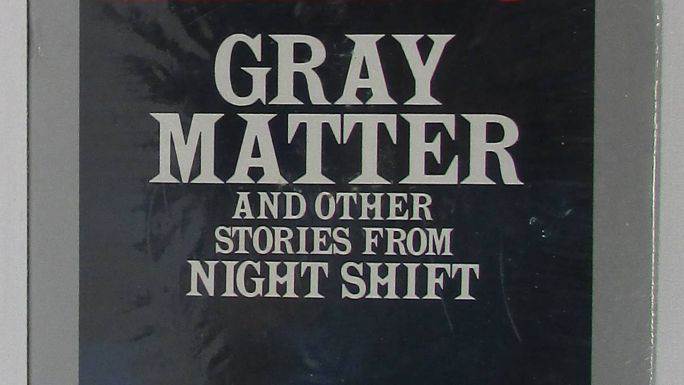**Publisher’s Summary by Tokybook**
In “Stealing Fire,” the trailblazing authors of “Bold” and “The Rise of Superman,” Steven Kotler and Jamie Wheal, take readers on a mind-expanding journey into the world of altered states of consciousness. This groundbreaking book, reminiscent of Daniel Pink’s “Drive” and Charles Duhigg’s “Smarter Faster Better,” explores how non-ordinary states can ignite passion, fuel creativity, and accelerate problem-solving in remarkable ways.
Kotler and Wheal delve into the reasons behind the growing fascination with altered states among the world’s elite organizations. From business moguls attending Burning Man to the billion-dollar meditation industry and technology gurus experimenting with psychedelic drugs, people from all walks of life are seeking to shift their state of mind as a means of unlocking their true potential. The authors reveal that altered states sharpen our decision-making abilities, unleash creativity, foster cooperation, and provide access to unparalleled levels of inspiration and innovation.
Through a combination of cutting-edge research and firsthand reporting, “Stealing Fire” takes readers on a captivating exploration of a revolution in human performance – a movement embraced by millions who aim to harness and utilize some of history’s most misunderstood and controversial experiences. The book serves as a bridge between the extreme and the mainstream, examining how the world’s top performers, including Navy SEALs, Google employees, and Fortune 100 CEOs, are using altered states to radically enhance their performance and vastly improve their lives.
Kotler and Wheal argue that by understanding and harnessing the power of altered states, we can unlock the full potential of the human mind and achieve the seemingly impossible. The authors present compelling evidence that non-ordinary states of consciousness, long stigmatized and misunderstood, hold the key to solving complex problems, fostering innovation, and catalyzing personal growth.
One of the book’s central themes is the concept of “ecstasis,” which the authors define as stepping beyond oneself and accessing a heightened state of awareness. They explore various ways of achieving ecstasis, from ancient shamanic rituals to modern-day technological innovations like flotation tanks and brain-stimulation devices. By understanding the science behind these states and learning how to access them safely and effectively, the authors argue, we can tap into a wellspring of human potential that has remained largely unexplored.
Throughout the book, Kotler and Wheal draw upon an impressive array of research from fields such as neuroscience, psychology, and anthropology, as well as interviews with experts and practitioners in diverse domains. They offer a thought-provoking analysis of the social, cultural, and technological forces driving the growing interest in altered states and provide a roadmap for readers seeking to incorporate these powerful experiences into their own lives.
While “Stealing Fire” acknowledges the potential risks and challenges associated with altered states, it ultimately presents a hopeful and optimistic vision of the future. By harnessing the power of non-ordinary states of consciousness, the authors suggest, we can not only enhance our individual lives but also tackle some of the most pressing challenges facing our species, from climate change to social inequality.
Provocative, insightful, and deeply researched, “Stealing Fire” is a must-read for anyone interested in the frontiers of human potential. It challenges readers to question long-held assumptions about the nature of consciousness and invites us to reimagine what is possible for ourselves and our world.
In the final analysis, “Stealing Fire” is a book about profound possibility – about the untapped potential that lies within each of us and the extraordinary heights we might reach if we dare to venture beyond the boundaries of our ordinary waking consciousness. It is a call to adventure, a summons to explore the uncharted territories of the mind, and a testament to the transformative power of altered states.
 Skip to content
Skip to content









